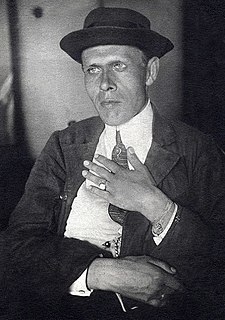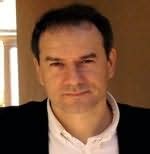A Quote by Meg Rosoff
I think the bravest thing to write about is nothing, just to write a book in which nothing happens.
Related Quotes
Writing has nothing to do with publishing. Nothing. People get totally confused about that. You write because you have to - you write because you can't not write. The rest is show-business. I can't state that too strongly. Just write - worry about the rest of it later, if you worry at all. What matters is what happens to you while you're writing the story, the poem, the play. The rest is show-business.
You have to surrender to your mediocrity, and just write. Because it's hard, really hard, to write even a crappy book. But it's better to write a book that kind of sucks rather than no book at all, as you wait around to magically become Faulkner. No one is going to write your book for you and you can't write anybody's book but your own.
I try to write a lot and my process is kind of back and forth. I procrastinate a lot so when I do sit down to write, I'm pretty lazy at it. And it's such a frustrating thing sometimes - writing - when you don't do it all the time, you get that thing in your head that you have nothing to talk about and you can't write songs.
To disguise nothing, to conceal nothing, to write about those things that are closest to our pain, our happiness; to write about our sexual clumsiness, the agonies of Tantalus, the depth of our discouragement-what we glimpse in our dreams-our despair. To write about the foolish agonies of anxiety, the refreshment of our strength when these are ended; to write about our painful search for self, jeopardized by a stranger in the post office, a half-seen face in a train window, to write about the continents and populations of our dreams, about love and death, good and evil, the end of the world.
I think, for me, there's The Book I Should Write and The Book I Wanted to Write - and they weren't the same book. The Book I Should Write should be realistic, since I studied English Lit. It should be cultural. It should reflect where I am today. The Book I Wanted to Write would probably include flying women, magic, and all of that.






































